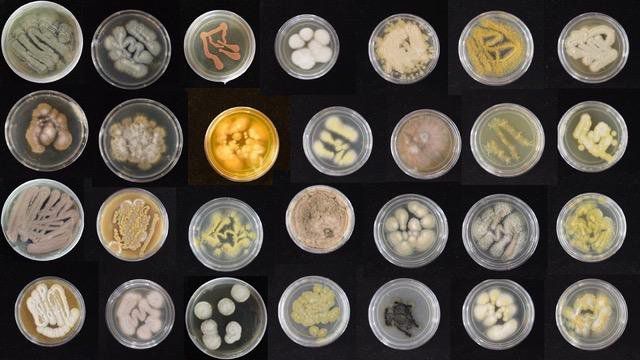DURHAM, N.C. — The question of how climate change affects fungi, and their impact on human health, is the focus of a group of Duke University researchers working in the areas hardest hit by Helene's devastating floods last year.
The Climate and Fungi team, or CLIF, traveled to Black Mountain in Buncombe County to sample fungus that had grown in buildings damaged during Hurricane Helene in late September, according to the Duke University School of Medicine.
Samples also were collected at the newly remodeled baseball fields at Veteran’s Park.
The team members – including Erica J. Washington, an assistant research professor in molecular genetics and microbiology; Asiya Gusa, a molecular genetics and microbiology researcher at Duke Medical School; Julian Liber, a graduate student studying biology; and Vesper Fraunfelter, a research technician in molecular genetics and microbiology – are examining how fungi adapt to rising temperatures, mold cleanup and how fungal and bacterial microbes spread after natural disasters.
Their work started as part of the school's Department of Molecular Genetics and Microbiology.
By learning how fungi and bacteria grow and spread after floods, they hope to be able to improve how communities recover from natural disasters and better protect lives and property.
“This isn’t just about mold in buildings,” Washington said. “It’s about understanding how a warming world is changing the very microbes we live with – and what that means for all of us.”


